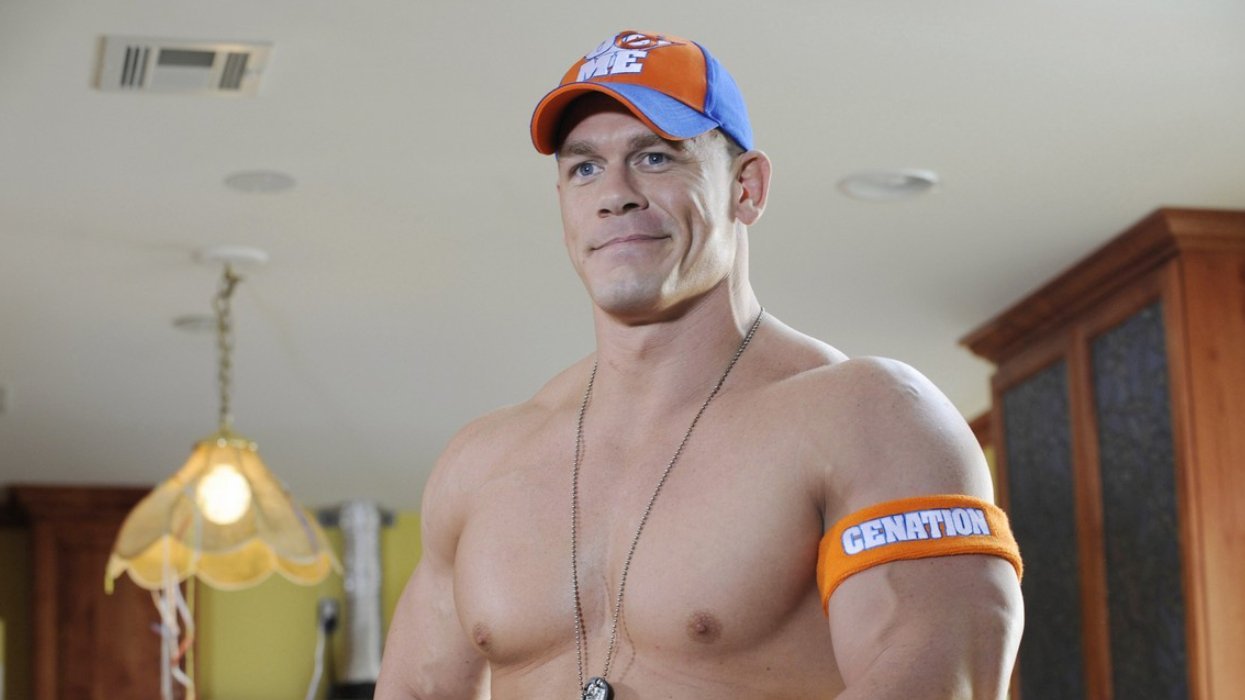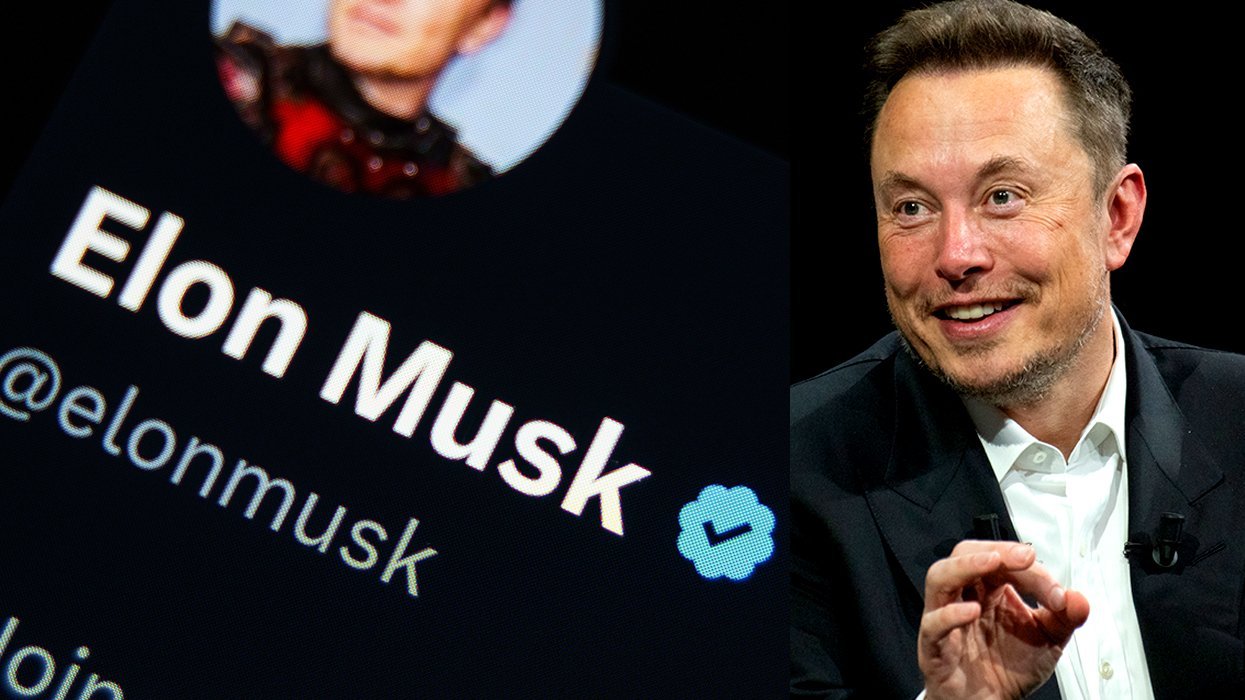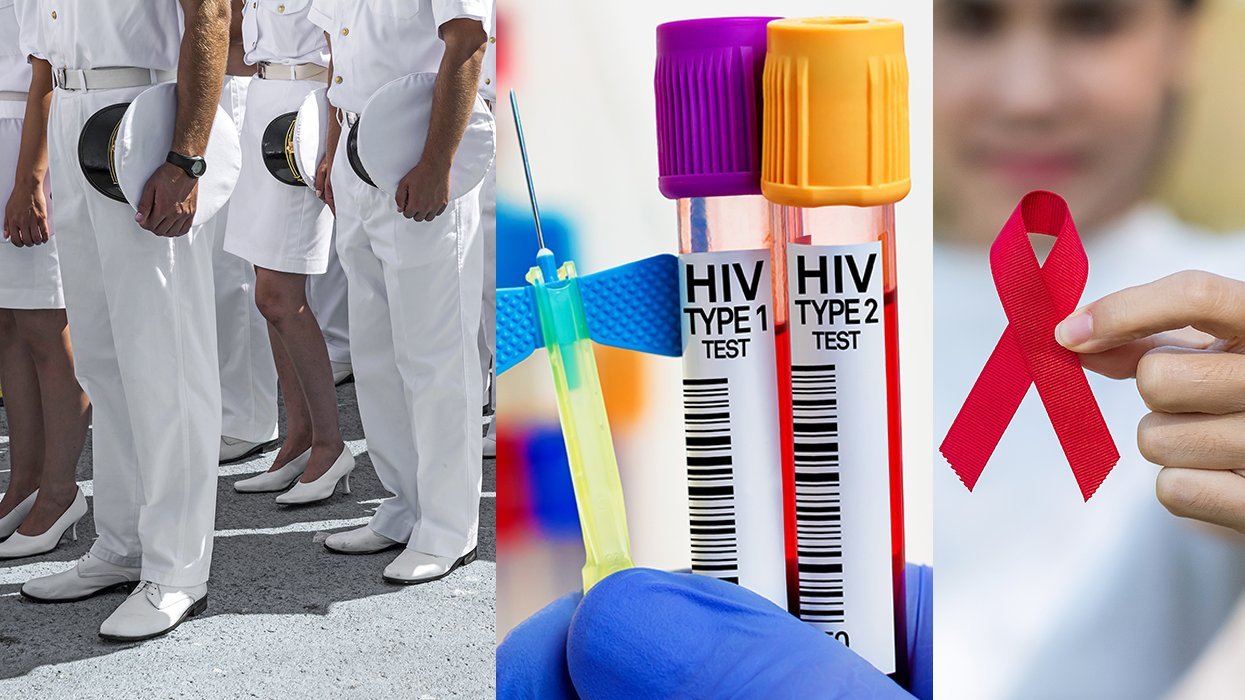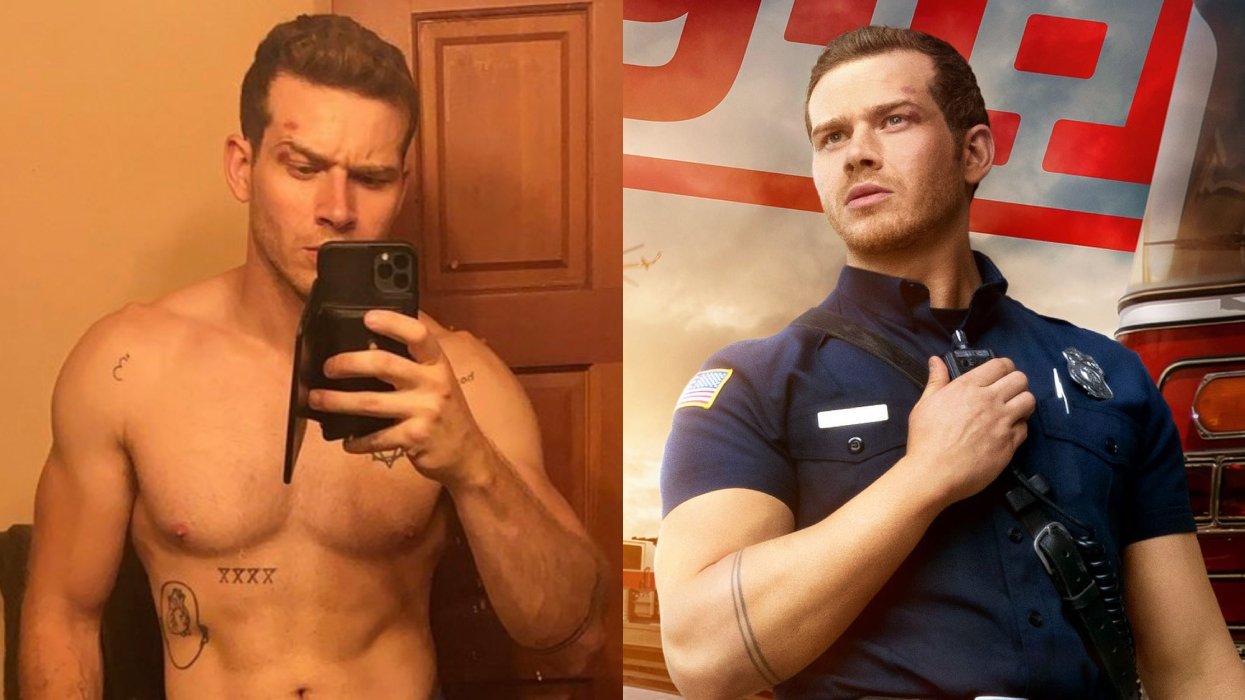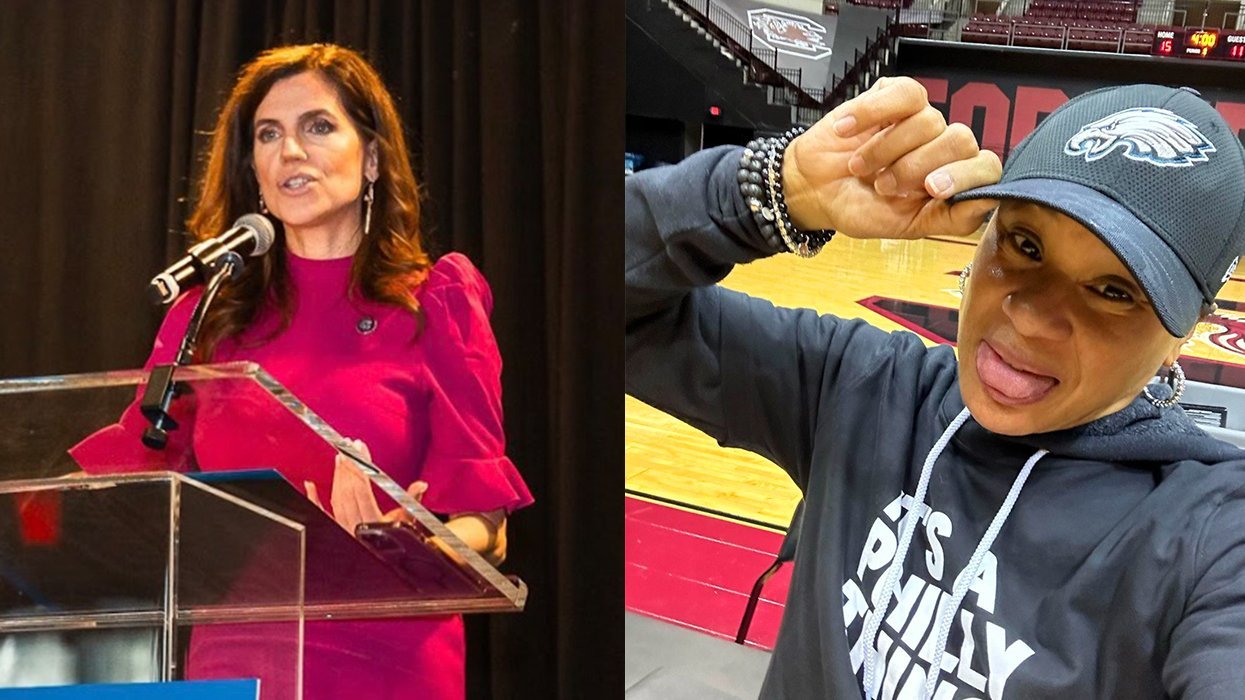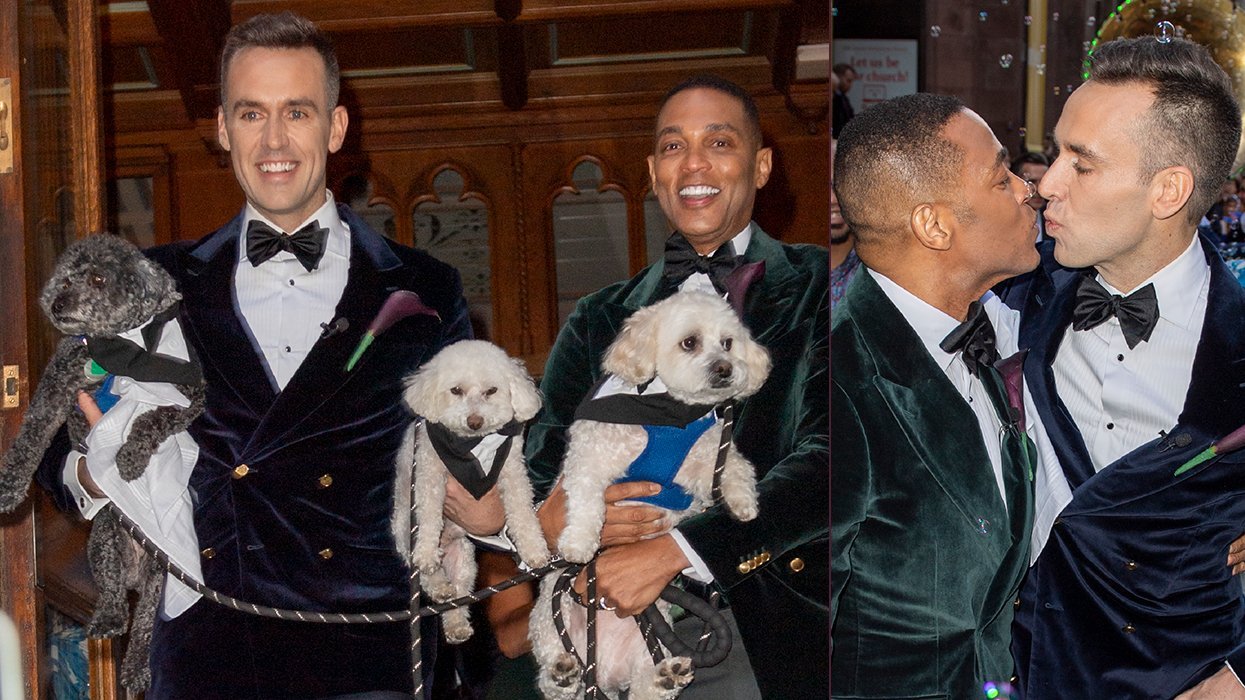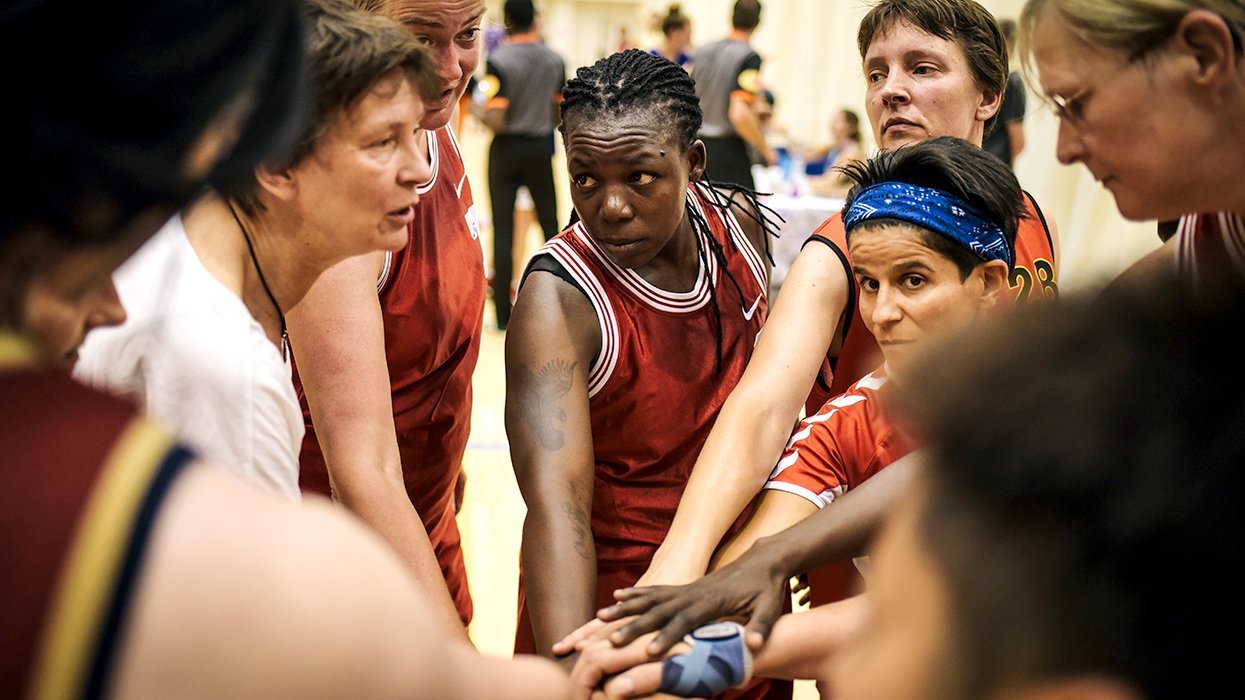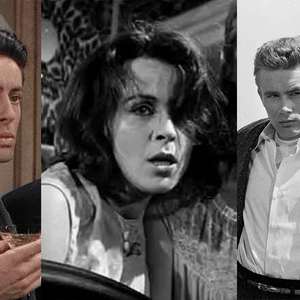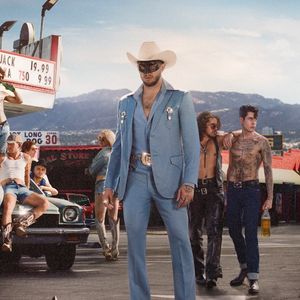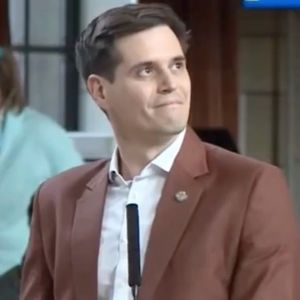 Did you know there's a global plan for eliminating new HIV infections by 2015? Some of the strategy requires better awareness, some of it is scientific advances. Having any strategy at all makes such a huge goal less daunting.
Did you know there's a global plan for eliminating new HIV infections by 2015? Some of the strategy requires better awareness, some of it is scientific advances. Having any strategy at all makes such a huge goal less daunting.
I remember, at the start of President Obama's term, when the Department of Veterans Affairs announced its goal of eradicating homelessness among vets by 2015. Pretty ambitious, I thought. Even getting halfway there makes a big difference. The number is already down by 17 percent, and the idealist in me on this Veterans Day wants to believe that's just the beginning.
The problem of LGBT homelessness isn't small either. Almost no one talks about it like a mess that could get cleaned up. But maybe we should.
I was at a fundraiser in October for the L.A. Gay & Lesbian Center, which debuted a new PSA telling the story of a fictional (but very real) teenager who is kicked out of home when his parents discover he's gay, who ends up in sex work to make money, who uses illegal drugs as an escape, and who eventually considers jumping off the side of a parking garage. You watch it and think, someone has to do something about this.
David Millbern, who in the PSA plays the intolerable father of your nightmares, was among a group of Hollywood players who toured the Center's facility, which includes a mere 50 beds for taking in kids who have no place to live. I'm not trivializing the great value of those 50 places to sleep, but the Center's leadership is quick to remind anyone who will listen that, on this very night, hundreds more LGBT youth will have no place to go. And that's just in L.A.
Big-time movie director Roland Emmerich, who is gay, was on that same tour with Millbern and producer Michael Fossat. And like a lot of people do after witnessing the problem up close, they insisted more be done. The PSA they subsequently created and a fundraiser hosted at Emmerich's home raised nearly $3 million. Center CEO Lorri Jean is trying to raise enough for a new facility that triples the number of beds.
I'm sure they could secure a lot more money if LGBT homelessness wasn't such an abstract problem. It's weird how every LGBT person intrinsically understands that many kids aren't as lucky as they were, that some face terrible circumstances, and yet this problem persists. There is no plan to eliminate it by 2015.
I remember the first time I met a gay teen who had been kicked out of his home. It was more than a decade ago. I had graduated college a year earlier and was living in a mid-size Florida town, so I was up late chatting on Gay.com when I ran into someone who claimed to be homeless and typing from the local library. The activist in me who wants to save the world decided to invite him to my apartment. It was the first time I'd ever talked to someone online and them met him in person.
I thought, there's a 50-50 chance I just gave my home address to a murderer. So before he arrived I wrote a hurried note in my journal to the homicide detectives who I imagined might find it, explaining that I had invited over a homeless kid with XYZ screenname and, oh I don't know, it was nice knowing you world.
Regardless, I answered the knock at the front door. Kent was maybe four years younger than me but at least six inches taller. He took a shower. He ate a sandwich, then ate a couple more when I assured him he could help himself. Eventually he asked what I wanted.
Kent said anyone who helps him either wants sex or to tell him about Jesus. I sort of scoffed at that mix, and said no, I just wanted to help. In my apartment, that night the odds were 50-50 that I was the gay kid left homeless. That I had rent to pay and groceries to buy felt like dumb luck. It isn't much to offer lunch meat to the one who fate has given the worse hand.
I never saw Kent again. I tried following up with other people online, asking if they'd ever heard of him. They had, actually. One sort of pessimistic guy wasn't surprised that Kent never resurfaced because, in his words, Kent is the type who won't help himself.
I can't say for certain that Kent was suicidal. But one thing he said worried me days later. A camera was among the few things he'd taken when his parents kicked him out. It was unclear how he could possibly be hiding a camera safely in the woods. Still, Kent was passionate about it. Kent said he primarily took photos of roadkill, because people don't like to look at it. They just pass by.
A few months later I ran into another gay homeless kid, under totally different circumstances. He was sitting near the parking garage in an outdoor mall holding a sign, asking for money. Maybe because Kent's story had bothered me, I sat down next to this other kid. He was trying to get enough money to make it to Miami, he said. There was a big protest being planned that he wanted to join. And maybe that's true, but the folks at the Center say they meet homeless kids from all over the country who migrate to the biggest cities where there's a sense of hope that maybe life will get better.
I don't remember that kid's name. But I remember what it was like to sit on the ground next to him and have no one look at you -- or, to have everyone pretend they don't see you. I also remember thinking how hard it would be to reach a point where I'd sit there humbly next to that sign because I had no other choice.
Years later, I still don't have any idea how we fix this problem. In the short term, we should keep raising money, that's for sure. Celebrities are helpful in "raising awareness" for a myriad of causes. I asked some on the red carpet at that fundraiser if they thought we could eradicate LGBT homelessness.
"There will likely always be people who are LGBT who have issues that leave them on the streets, problems at home that leave them on the streets," screenwriter Dustin Lance Black told me. I said he seemed "skeptical." But he said "no," we have "to get rid of what creates LGBT homelessness," and that is homophobia. And homophobia is eradicable.
That's what the "Day in LGBT America" project is all about. The Advocate is asking everyone to take a couple minutes today to upload a photo of the ordinary thing that's happening in your lives. We hope to show us as part of all locales, many careers, with our families, celebrating our veterans, and doing what everyday Americans do. If we live openly, and we show the world there's nothing to be scared of, then maybe they will stop passing by our problems.
LUCAS GRINDLEY is editorial director for Here Media. Contact him on Twitter @lucasgrindley.To submit a photo for the Day in LGBT America, go to our online form or use hashtag #dayinlgbt on Twitter and Instagram.
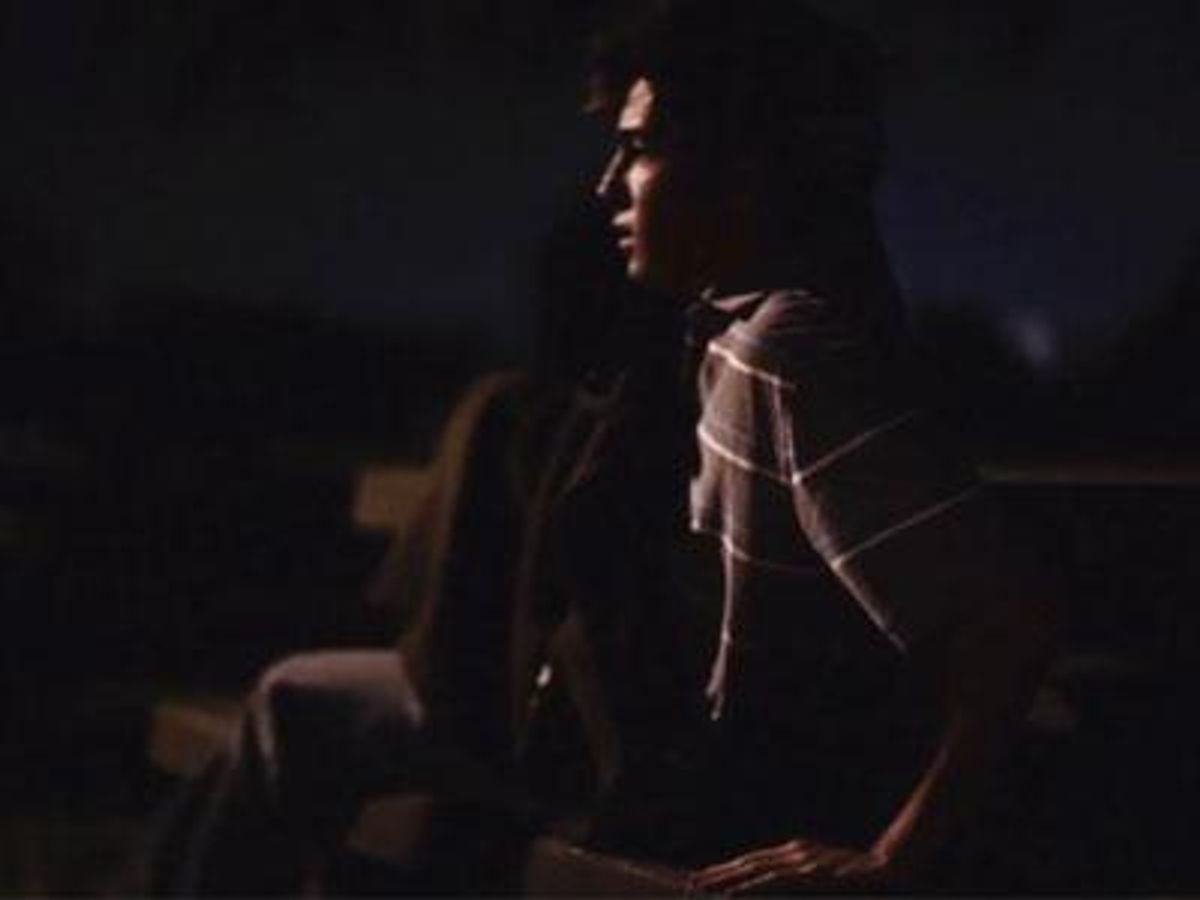

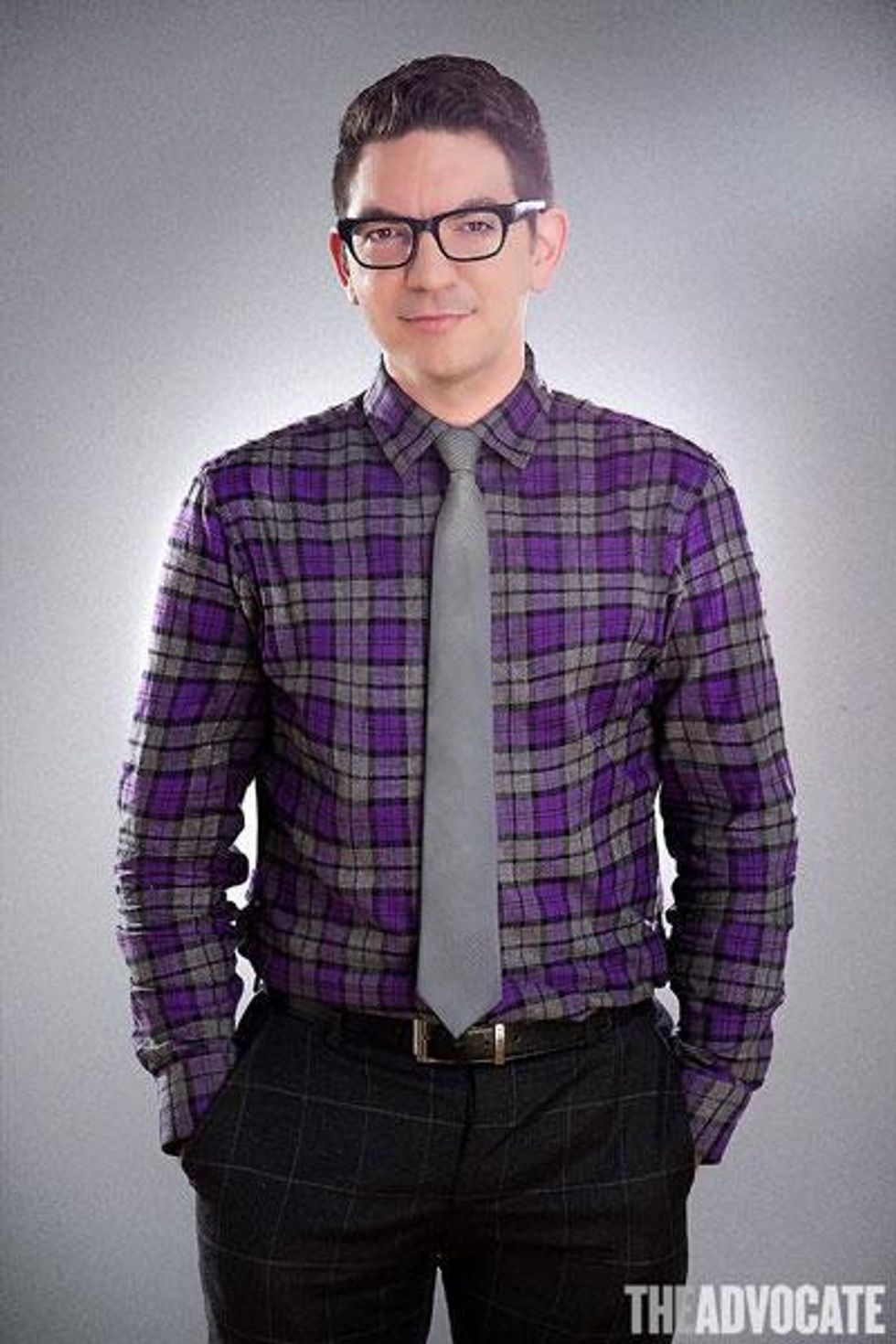 Did you know there's a
Did you know there's a 

















